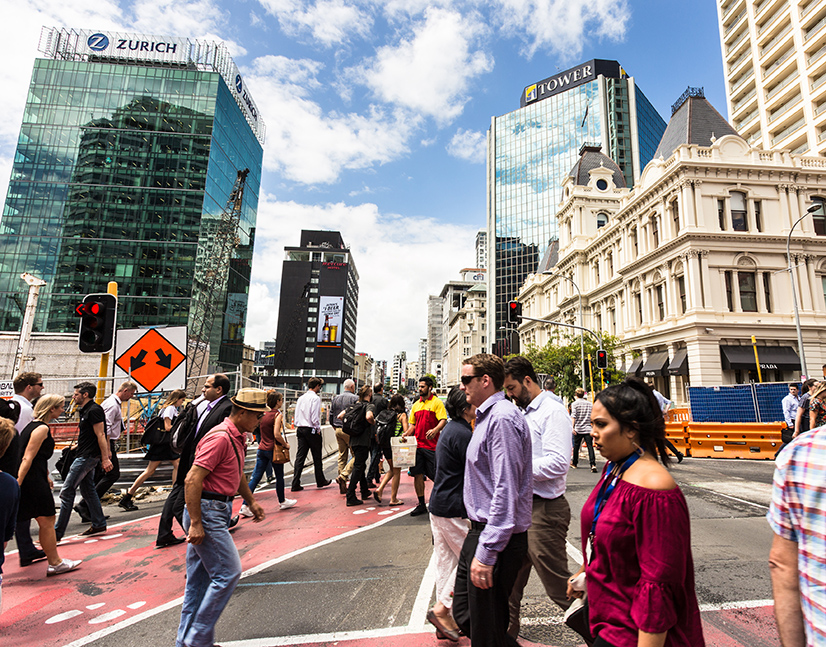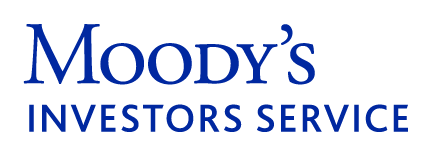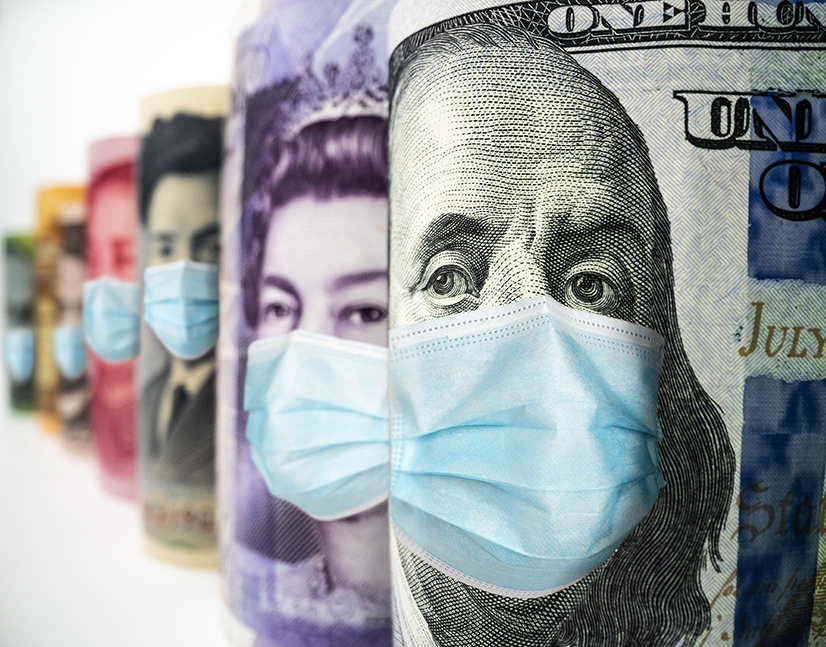
The COVID Diaries: sustainable finance banker 4
The following interview is with an Australia-based banker in sustainable finance. It was conducted on 24 June 2020.
Australasia has fared extremely well on a relative basis in the public-health stage of the crisis, but we are now seeing diverging performance between New Zealand and Western Australia (WA) at one end of the spectrum and Victoria at the other. What do you think about the prospects for further easing of restrictions from here, and do you think we might actually be entering the most challenging phase of the crisis from a policy perspective?
We just have to live with the fact that each state will do things differently, which will have flow-on complications for cross-border business activity. Our organisation has people in multiple states and we are navigating that complexity right now as we look to return people to the office. .
Where is your business on the spectrum of returning to office work, and what is the plan from here?
Is it the case that you can do meetings in person if counterparties prefer, but at this stage no one is asking for them?
We are also being very mindful of the way our people actually want to interact – the health and safety of our staff continues to be our first and foremost concern as we work out our approach to all of this.
“I ascribe to the view that this pandemic – on top of ongoing drought and the summer of bushfires and floods – is a practice run for much greater climate-change impacts to come. This scares the hell out of me.”
Are you more or less optimistic about the crisis than you were during the early acceleration period of moving to home working and adding social distancing measures?
Less optimistically, I do think we will be living with this virus in our community for a long time, and potentially forever, so we simply need to get used to living our personal and work lives like this even when vaccines and antibody tests exist.
Like most people I know, I am also gravely concerned about the back end of this year and start of next, when government stimulus is unwound and we see the real economic impact of the pandemic. My heartbreak is the inevitable widening of the inequality gap.
Do you subscribe to the view that this crisis will radically reshape our society? What do you think will change and what will areas that some might think will change will actually revert to previous norms?
What I have been excited about through this period is the acceleration of a technology-driven society, particularly for corporate working life. The ability to conduct work without having to fly or commute, and still get as much done in a productive and beneficial manner, has been a revelation for our organisation. And then there are the carbon savings too.
I am also heartened by the increasing understanding of the connection between disease outbreak and environmental degradation. I ascribe to the view that this pandemic – on top of ongoing drought and the summer of bushfires and floods – is a practice run for much greater climate-change impacts to come. This scares the hell out of me, but at least we are seeing a greater understanding of climate change risk and what it does to our society.
How confident are you that gains we have made in reducing carbon emissions can stick even as economies around the world are reopened?
When do you think you will next get on a plane? Are you looking forward to or dreading travelling again, for business and leisure?
What are you most looking forward to being able to do again as restrictions ease in the coming weeks and months?
I am also looking forward to how the new normal at work rolls out – I hope my organisation will look to use some of the COVID-19 norms to embed our culture around working flexible even further into our business. COVID-19 has taught us that there really is no excuse anymore – I think it’s a watershed moment for corporate life and it’s fun to be living it.
KangaNews is your source for the latest on the COVID-19 pandemic’s impact on Australasian debt capital markets. For complete coverage, click here.














